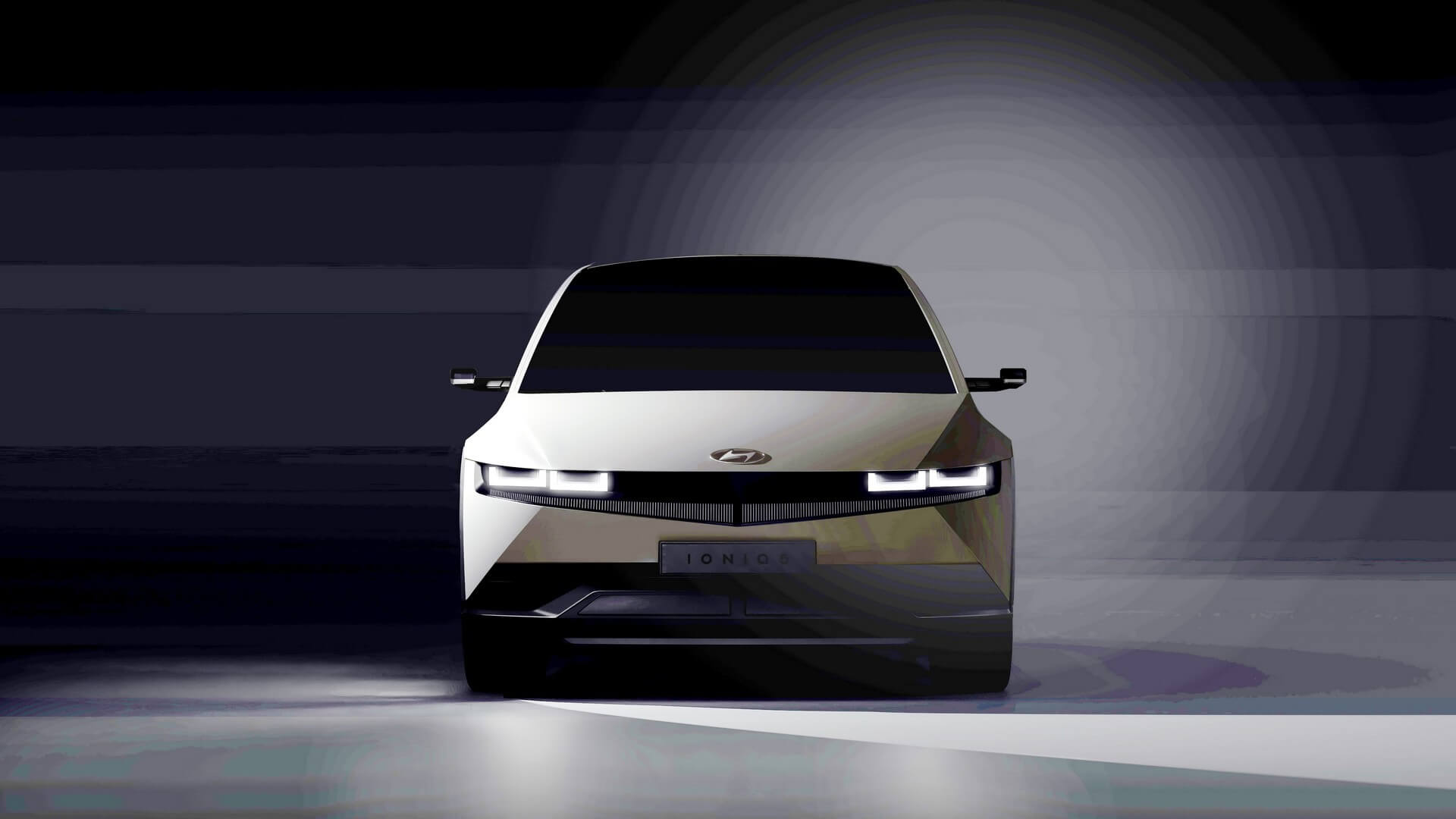It was only a few days ago when Genesis trademarked no fewer than six nameplates for potential electric vehicles, and already there are signs of another EV. As a matter of fact, this will be the first zero-emissions from Hyundai’s luxury brand to hit the market, if we were to rely on a new report from South Korean publication Asia Time.
They have it on good authority Genesis will use the GV60 moniker for its first foray into the EV segment, an eco-friendly crossover in the same vein as the Hyundai Ioniq 5 (pictured below). The two will ride on the same E-GMP platform as Kia’s forthcoming electric crossover, which is currently known by its CV codename. The Hyundai and Kia models will both be unveiled in the coming weeks, with the GV60 to arrive at a later date.

According to Asia Time, the Genesis GV60 will enter series production in August this year and will be followed in December by a fully electric version of the larger GV70. Meanwhile, a hybrid derivative of the Santa Fe will enter production for the local market from the middle of June after being built exclusively for export.
Technical specifications regarding the first-ever GV60 remain shrouded in mystery, although we’re hearing the electric crossover will come with support for wireless charging. It’s known internally by its JW codename and has been spotted repeatedly in South Korea testing as a heavily camouflaged prototype with side cameras instead of conventional mirrors.
To be worthy of a luxury vehicle and the premium that comes with that, the GV60 will be pushed upmarket compared to its Hyundai and Kia counterparts. Expect higher-quality materials and a more generous array of standard equipment while offering the goodies that come with the E-GMP platform. These will include fast-charging the battery to 80% in as little as 18 minutes and a WLTP range in excess of 500 kilometers (311 miles) with a fully charged battery pack.
The GV60, Ioniq 5, and CV are all part of Hyundai Motor Group’s plan to roll out 23 purely electric vehicles by the middle of the decade when the company hopes EV sales will reach one million.
Source: Asia Time
